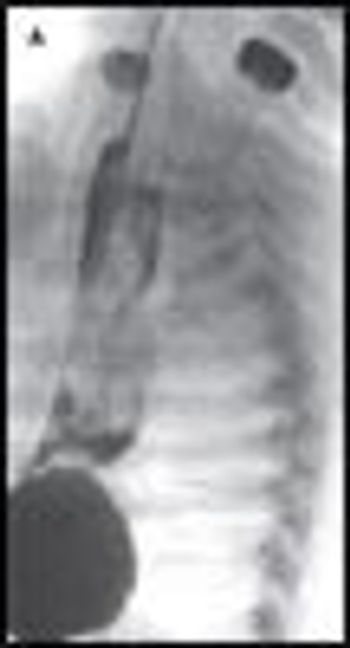
To identify parents' beliefs and barriers related to influenza immunization of school-aged children and to evaluate how accepting parents are of school-based influenza immunization, investigators surveyed parents of students at an elementary school in Salt Lake City, Utah.

